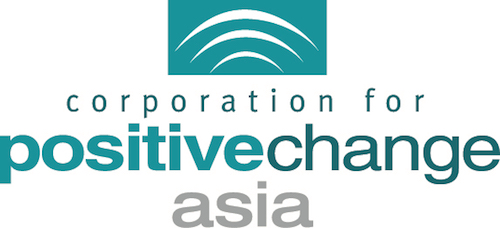Research for Results
Research for Results
In partnership with the Center for Appreciative Research, we are offering a range of services to assist with the measurement of the impact of Appreciative Inquiry (AI). Dr. Kevin Real, Associate Professor of Organizational Communication in the Department of Communication at the University of Kentucky is actively engaged in researching quantitative and qualitative methodology.
Dr. Real is interested in how AI and communication research can provide opportunities for improving everyday life for organizational members and stakeholders.
Together with Dr. Real and other members of the Center for Appreciative Research, we have the capacity to use proven methods to examine the short-and long-term effects of AI projects and interventions. We can measure individual, team, and organizational factors related to positive change through surveys and related evaluations. Our methodology is both quantitative and qualitative in collaboration with the clients’ needs.
Refer to the case study of ARAG North America for more details.
Sample Metrics for Organizations, Teams and Individuals
| AI: relationship, connection and reflection | Cross-functional collaboration |
| Leadership and autonomy | Cross-level collaboration |
| Interpersonal adaptability | Organizational citizenship behavior |
| Employee engagement | Organizational culture |
| Communication | Risk taking |
| Creative problem solving | Customer service climate and culture |
| Psychological ownership |
In partnership with the Center for Appreciative Research, we are offering a range of services to assist with the measurement of the impact of Appreciative Inquiry (AI). Dr. Kevin Real, Associate Professor of Organizational Communication in the Department of Communication at the University of Kentucky is actively engaged in researching quantitative and qualitative methodology.
Dr. Real is interested in how AI and communication research can provide opportunities for improving everyday life for organizational members and stakeholders.
Together with Dr. Real and other members of the Center for Appreciative Research, we have the capacity to use proven methods to examine the short-and long-term effects of AI projects and interventions. We can measure individual, team, and organizational factors related to positive change through surveys and related evaluations. Our methodology is both quantitative and qualitative in collaboration with the clients’ needs.
Refer to the case study of ARAG North America for more details.
Sample Metrics for Organizations, Teams and Individuals
AI: relationship, connection and reflection
Leadership and autonomy
Interpersonal adaptability
Employee engagement
Communication
Creative problem solving
Cross-functional collaboration
Cross-level collaboration
Organizational citizenship behavior
Organizational culture
Risk taking
Customer service climate and culture
Psychological ownership
Certification and Workshops
Diverse programs on Appreciative Inquiry and its applications.
Consulting for Positive Change
Co-creative change initiatives for individuals, organizations and communities.
Organizational Learning
Learning and development programs to foster positive change.

